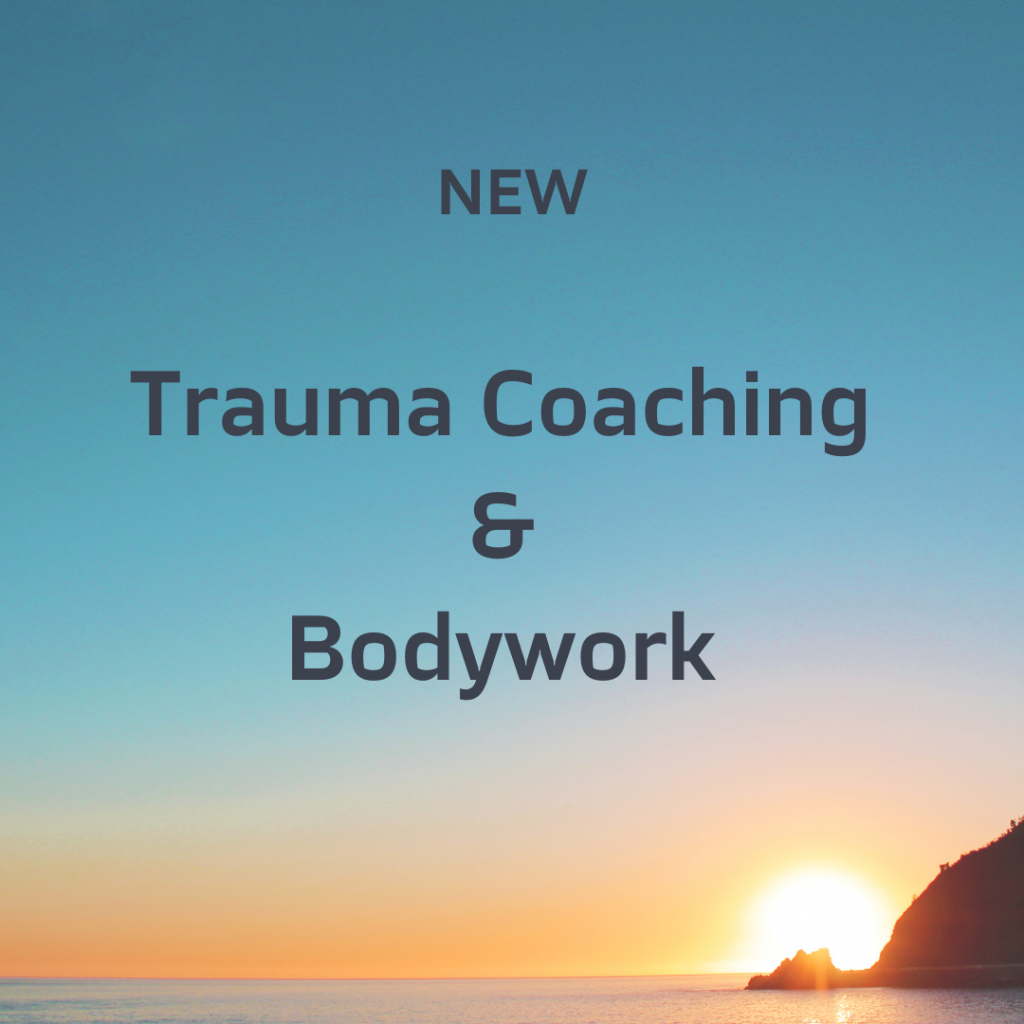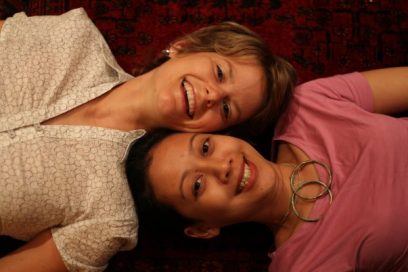Trauma sensitive Coaching and Bodywork
We all have our own view of ourselves and the world. Our perception arises mainly from experiences in young childhood (or even earlier) and from our relationships with our attachment figures. Over time, we develop beliefs and imprints that determine the way we think and behave for the rest of our lives.
This is a completely natural process. It becomes difficult when we suffer from these imprints – for example because they limit us, slow down our potential, destroy our zest for life. This often leads to depression, anxiety and isolation. Sometimes we have developed unhealthy compensation strategies, such as excessive alcohol consumption, sports addiction, and much more.
Our memories are stored in the body
Perhaps you have already sought therapeutic help to rediscover the joy of life. But perhaps you have already made the experience that at some point a purely conversation-based therapy no longer helps you; while you can explain and understand your behaviors (which is helpful), you can’t actually change them. You keep falling back into your old patterns.
This is because our body plays an essential role in this process. Because our pre-speech experiences and highly emotional experiences are stored in the body (implicit memory). This is where our belief systems are located, which we continue to strengthen in the course of our lives.
So in order to dissolve your imprints, you need your body. It is necessary to return to the level of physical sensations and to reinterpret these sensations so that they “overwrite” the old patterns.
As a coach for NI Neurosystemic Integration®, holistic-integrative trauma work according to Verena König, I combine the latest knowledge from neurobiology, systemics and bodywork to accompany you gently and holistically.

Recognizing and integrating the consequences of trauma
Probably the most intense form of imprinting is caused by trauma. When we hear the word trauma, we often think of major events such as natural disasters or acts of violence. But trauma is a subjective experience. Moving, your parents’ divorce, an accident can also be traumatic. Scientists are now convinced that almost all people go through a traumatic event at least once in their lives. It is important to know that trauma does not necessarily lead to trauma consequences. A lot depends on whether our attachment figures, our environment, can absorb us, or whether we feel secure and committed despite these experiences.
But if our attachment figures are responsible for our traumatic experiences, and if these traumatic experiences happen in early childhood, the consequences of trauma are very likely. Little children cannot flee, they cannot fight. You must develop other strategies to survive. These strategies shape their thought, belief and behavior patterns. You probably never learned what it means to be “safe” and “connected”. Some may have survived their experiences only because their nervous system protected them through “dissociation.” But dissociation also leaves deep scars.
The good news is that we never stop learning. We can have new, corrective experiences that “overwrite” the old systems. We can learn to self-regulate when we get into a state of over- or under-arousal.
Exactly this is in my approach. Together we create big and small goals; together we find and develop resources to help you regulate yourself. We carefully explore your relationship to your body. I’ll show you how to rebuild a healthy relationship with your sensations and feelings. We use techniques from systems, neurobiology and yoga to replace your old belief systems and compensatory tragedies with new ones.
You can do it. Arrange your free initial consultation here (by phone or zoom).
















Anna auf YouTube

Free Mindfulness Challenge!
Starting Feb 14, join me for a free 7-day challenge on mindfulness. Every morning at…
It’s time: Back to the studio
It seems Corona is finally loosing its grip on us, at least for the time…

How do I deal with the death of my former best friend?
Santi is dead. Writing this sentence is still hard, reading and believing it is even…

